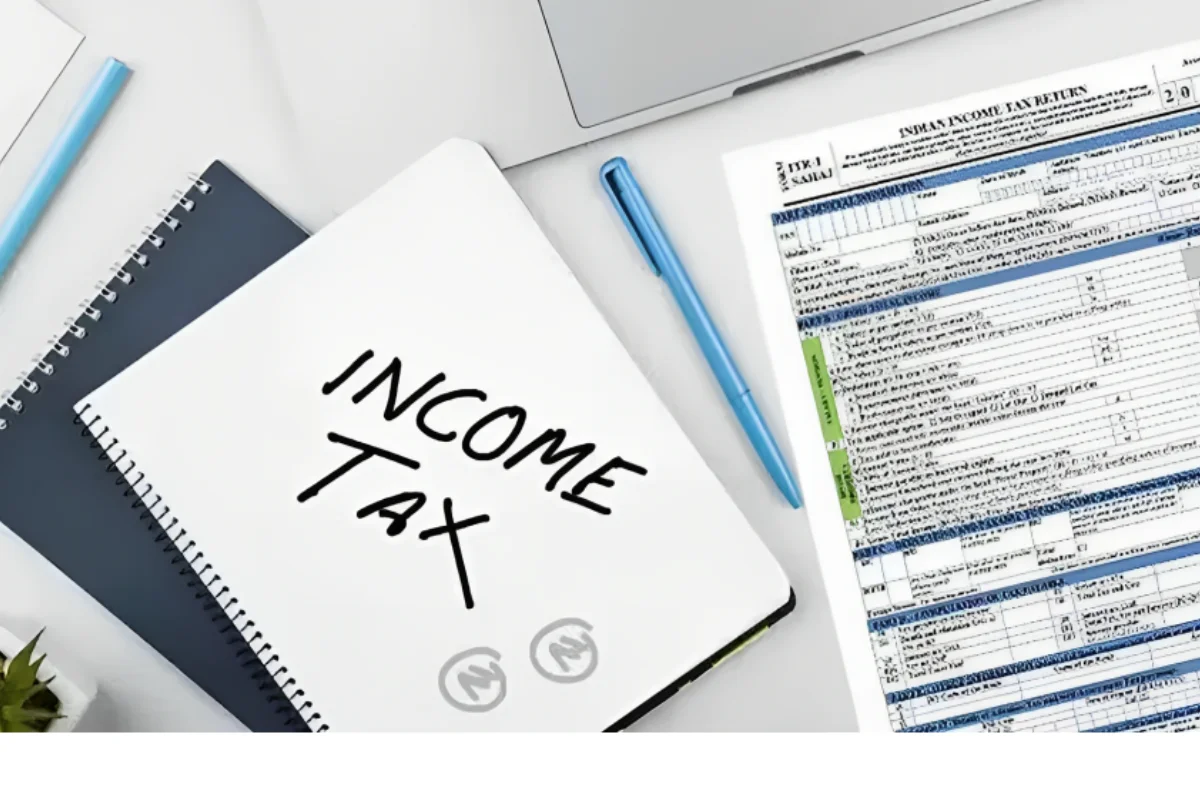Income Tax News: Navigating the complex terrain of business taxes can be challenging, but with the right strategies, entrepreneurs can ease the burden on their bottom line. In this guide, we unveil 10 straightforward and effective ways for businesses to save on taxes. From smart financial practices to leveraging deductions, discover practical insights to refine your tax approach and retain more funds in your business reserve.
Business Utility Expenses
Entrepreneurs utilizing their vehicles and phones for business purposes can categorize these as business or utility expenses. For instance, costs related to vehicles, tolls, phones, driver’s charges, parking, etc., are eligible as business utility expenses when used for legitimate business purposes. Additionally, expenses like electricity costs for a home office can be claimed, providing a means to reduce the tax burden for entrepreneurs and startups.
Here are several business utility expenses that you can utilize to save on taxes:
Preliminary Expenses: Costs incurred before initiating a business unit are deductible under section 35D of the Indian Income Tax Act. These expenses are recorded as preliminary expenses in the company’s book and can be evenly deducted from the taxable income over a span of 5 years.
Convenience Expenses: For entrepreneurs using phones or vehicles for business purposes, related expenditures can be deducted as business expenses in the company’s book. This encompasses phone bills, driver’s charges, parking fees, and similar costs associated with the business operation.
Regular Expenses: In cases where an individual operates a startup from home, the electricity consumed for work purposes can be categorized under the company’s expense. This approach proves beneficial for the startup, serving as a means to alleviate the tax burden. Additionally, expenses like Wi-Fi or internet charges and rent costs are deducted to compute taxable income.
Depreciation Expenses on Assets: Depreciation on all capital expenses is deductible as an expense from the firm’s income. By making capital expenditures in the company’s name, entrepreneurs can also claim depreciation, thereby diminishing their tax burden.
Expenditure on Hotel Bookings and Travel
Entrepreneurs can avoid spending personal funds on business-related travel expenses. Instead, they can file these expenses through the company’s account, reducing personal taxable income.
For instance, If your annual salary is ₹20,00,000, and your travel expenses amount to approximately ₹2,50,000, you can categorize the travel expense as a business-related cost. Subsequently, you’ll pay taxes only on the remaining amount, i.e., ₹17,50,000 in this scenario.
Employing Family Members
A highly effective strategy for lessening the tax burden on entrepreneurs involves hiring their family members as regular employees within the startup and providing them with a salary.
If the family member in question isn’t earning any other income, the company can remunerate them up to ₹2.5 lakhs per year (as per the current tax slab) without incurring any tax liability.
Since this payment constitutes a legitimate cost for the company, it can be offset against the taxable income, leading to an overall reduction in the company’s financial outlay. This approach not only provides a financial benefit but also fosters trust by having familiar and reliable individuals contributing to the business’s growth.
Always Deduct Tax at the Source
In some cases under Indian tax rules, when you pay money to someone, you’re supposed to deduct a portion of it at the source while making the payment.
To illustrate, consider a scenario where you pay ₹1,00,000 as commission to your business agent in a year but neglect to deduct tax at the rate of 10%. In such instances, the entire expense of ₹1,00,000 becomes disallowed when calculating taxable profit
This emphasizes the critical importance of complying with tax deduction obligations at the source, ensuring financial prudence and preventing potential increases in tax liabilities for businesses.
Investing in Marketing for Tax Savings
As we navigate the Digital Era, the landscape of business is rapidly evolving into the digital realm. Embrace this shift by leaving behind traditional marketing methods and opting for digital strategies with your products and services.
This decision offers a dual advantage:
- Business Growth: By exploring innovative digital marketing techniques, you can propel your business to new heights and swiftly tap into a broader customer base.
- Tax Savings: The beauty is, all the expenses incurred in digital marketing are tax-deductible. This translates to not just promoting your business but also saving money on your taxes.
Stay Tax-Savvy with Digital Payments
The Indian Income-tax department doesn’t permit cash transactions in your financial records for tax purposes if the daily limit of ₹20,000 is exceeded by a single transaction.
For instance, If you pay your workers more than ₹20,000 as wages in cash on a single day, the income-tax department will disregard that transaction. This not only increases your tax burden but also results in paying more than the standard amount you would have paid through legitimate means.
Hence, it’s advisable to opt for bank transactions when making payments exceeding ₹20,000 in a single day. This ensures compliance with tax regulations, prevents nullification of transactions, and helps you maintain a fair and accurate financial record.
Capitalize on Depreciation Benefits
The Indian Income-tax Act extends various advantages to entrepreneurs engaged in manufacturing enterprises, including additional depreciation and specified business benefits under section 35AD.
In the case of a manufacturing enterprise, when new equipment or machinery is installed during the year, apart from regular depreciation, these assets qualify for an additional depreciation of up to 20% in the year of utilization.
Furthermore, a distinct section, 35AD, offers a complete deduction of capital expenditure for enterprises involved in specified businesses, aiming to stimulate private sector investment in public infrastructure like hospitals, cold storage, highways, etc.
Tax Savings through Donations
Contributing to charitable causes not only allows you to make a positive impact but also serves as a unique avenue for reducing your tax burden. It’s important to note that tax benefits are applicable exclusively to donations made to registered charities. Whether supporting the PM’s relief fund, endorsing political causes, or contributing to recognized charitable organizations, you stand to gain a complete 100% tax relief.
However, it’s worth mentioning that if your donation takes the form of tangible materials, such as goods or items, it won’t qualify for tax benefits. To make the most of these tax advantages, diligently retain your donation receipt as a critical document for claiming deductions on your taxes. This dual-purpose approach not only supports worthwhile endeavors but also ensures a responsible and strategic utilization of your philanthropic efforts for personal financial benefit.
Optimize Tax Benefits with Housing Loan Interest
If you believe obtaining a bank loan for constructing or buying a personal house poses challenges, it’s time to reconsider your perspective.
By linking your PAN card to your startup, you unlock the opportunity to claim a deduction on the interest paid monthly for your home loan. Section 80C of the Indian Income Tax Act enables you to seek a deduction of up to ₹1,50,000 annually, encompassing the interest payments on your housing loan within this deductible category.
Tax Relief on Medical Insurance Premiums
Entrepreneurs can claim tax deductions on medical insurance premiums, amounting to ₹25,000, under Section 80D of the Indian Income Tax Act. This deduction encompasses insurance coverage for the entrepreneur’s spouse, dependent parents, or dependent children.
However, it’s crucial to note that this tax-saving option is not applicable for business owners if the startup is a secondary job, and they already receive medical insurance premiums from a full-time employer. Understanding these nuances ensures that entrepreneurs can maximize their tax benefits in accordance with their specific circumstances and employment arrangements.
Disclaimer: This information is intended for general knowledge only. Any financial decisions should be made in consultation with a qualified professional. DNP News Network Private Limited is not liable for any financial losses incurred based on the information provided here.
Keep watching our YouTube Channel ‘DNP INDIA’. Also, please subscribe and follow us on FACEBOOK, INSTAGRAM, and TWITTER











